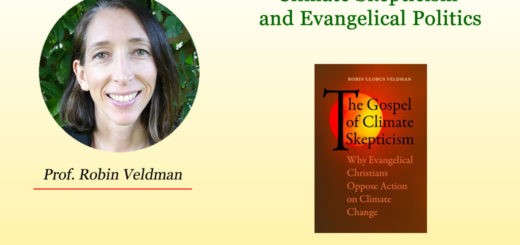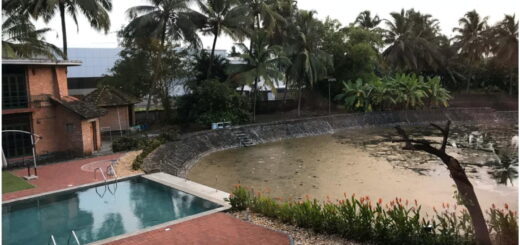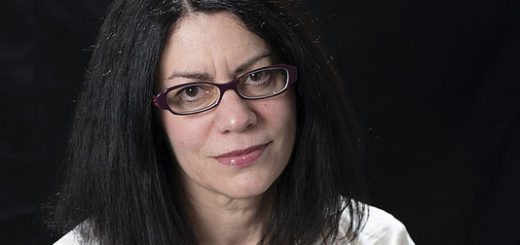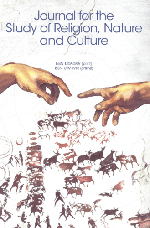Interview with 2019 Student Award Winner Alexandre Grandjean
The ISSRNC is excited to share this interview with Alexandre Grandjean, who was recently awarded for his paper at the 2019 Cork Conference in Ireland. The interview was produced by ISSRNC student Board member Kelsey Ryan-Simkins.
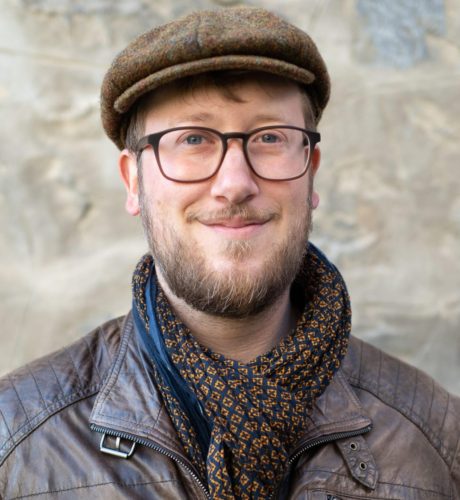
Alexandre Grandjean
As the recipient of our 2019 Best Student Conference Paper Award, Alexandre Grandjean, a PhD Candidate at the Institute of Social Sciences of Religion of the University of Lausanne in Lausanne, Switzerland, recently shared more about his work with Kelsey Ryan-Simkins, Student Representative to the ISSRNC Board. Grandjean joined the ISSRNC in 2017 and has presented at two ISSRNC conferences, including the most recent 2019 Cork Conference. Grandjean’s paper, “Biodynamic Wine-crafting and the ‘Spiritualization’ of Agroecology: Case Study from Switzerland” explores the spiritual narratives and ethos among Swiss biodynamic wine-crafters. Grandjean shared reflections on this paper for those who were not able to attend his presentation during the conference:
Kelsey: Congratulations on receiving the 2019 ISSRNC Best Student Conference Paper Award for “Biodynamic Wine-crafting and the ‘Spiritualization’ of Agroecology: Case Study from Switzerland.” What are the most important arguments that you make in this paper?
In this paper, I introduce the readers to a phenomenon at the cross-road of the religion/spirituality and ecology nexus that I observed in the Swiss vineyards. For the past twenty years, independent Swiss wine-crafters – sometimes the most renowned ones – have engaged in biodynamic farming, an alternative form of agronomy inspired by the anthroposophical cosmology of Rudolf Steiner.
My fieldwork showed that the wine-crafters were not virtuosos of the esoteric worldviews and alchemical vocabularies present within the anthroposophical movement. To make a long story short, they had an interest in any kind of alternatives that could substitute for using agrochemical products and prioritized “care” over their soils and plants to achieve “wine excellence.” The wine-crafters would often relate “spiritual” concerns to how they engaged with new kinds of agronomic practices, holistic representations of ecosystems, the experience of tasting their wines, and the changing social status of Swiss wine-crafting. My main argument was that to reflect these dynamics, the wide semantic-field related to “spirituality” needs to be understood under situational and comprehensive modalities.
What do you mean by the ‘spiritualization of agroecology’?
This term reflects the wider observations of a collective project we are conducting with Dr. Christophe Monnot, Salomé Okoekpen and research supervisor, Prof. Irene Becci. Starting in the year 2000, we observed that ritual practices and references to religious and spiritual dimensions of social action were more and more visible and legitimate when talking about ecology in the Swiss secular public space.
Switzerland has the particularity to be divided in three distinct linguistic parts: German, French and Italian. Though each linguistic region shares similarities, each is also nourished by the cultural productions of neighboring countries. In the French-speaking part, which I know best, the overall social imaginary is the one imported by the French model of “Laïcité,” in which only scientifically-framed or non-confessional discourses are given wider audience. Considering the rather secularized setting of continental European contexts of which Switzerland is at the crossroad, we then try to capture the blurring of boundaries between “the secular” and “the religious” made by ecospiritual claims and explore these social dynamics in critical ways. That is what we termed as the “spiritualization of ecology” (within which I specify agronomy).
How did you become interested in biodynamic wine-crafting as an example of the ‘spiritualization’ of agroecology?
There are two motivations that led me to get interested in biodynamic wine-crafting. The first one is personal: I grew up in the countryside in a peasant family. The modernization and neo-liberalization of the Swiss agricultural politics (though still more conservative than anywhere else in Europe) as well as private events led my father to urbanize and work in banks, while still being related to folk traditions and promotion of the “tastescapes of terroir.” On my mother’s side, my grandfather and grandmother were important figures of the conservation movement. I basically grew up in two different worlds–rural and urban–both linked with ecological concerns. Ecological concern seems to challenge the “urban” and “rural” divide, just as it challenges the “nature” and “culture” distinction. I hope with my research to provide theoretical and methodological tools to overcome these unproductive divides.
This leads me to my second motivation: I think we tend to have an overall urban bias when studying European forms of religiosity. Especially when engaged in debates within the religion/spirituality and ecological nexus, we tend to forget how different it is to mobilize “Nature” as an overall and abstract notion and “nature” as a means of production or a partner in making one’s living. Doing fieldwork in urban festivals and urban networks promoting ecospirituality and ecopsychology, my colleagues and I observed how “Nature” was summoned as a sacralized entity that inspired changes to the inner (spiritual) disposition of individuals. In my own fieldwork, I found the opposite: (supra)sensitive forms of experimentation led to a change in how wine-crafters acted toward their plants, soils, and wines. One group (urban) was seeking to transform humans through a distant “out there Nature,” while the other (rural) was searching for new relationships within material biotopes, being radically “in there.” Researching wine-crafters was also a means to distance myself from the formal Church-oriented and ecospirituality movements that are often considered by some studies of the religion and ecology nexus.
What is next for you with this and your other research projects?
First, I want to finish writing my PhD thesis and engage in the publication process to share my work. I am currently giving a series of workshops entitled “Incorporating the world. Loving Chasselas. Thinking about Revolution.” (Nb. “Chasselas” is a local grape-variety) in order to spread insights from my research in the public sphere. I hope to continue that path in the future as academic research needs a stronger mission of work oriented toward civil-society and political institutions.
As for further research projects, I have already found a new “emblematic” plant which is often described as the “vine of South-East Asia,” fostering a more or less similar discourse on “terroir,” “tradition,” and “needs for ambient biodiversity.” I would like to compare how “spiritual” dimensions turn everyday consumption goods into “soul products” like in the case of wine. For the first time in my academic career, I would like to engage more radically (and critically) with the economic structures that affect the existence of humans and non-humans alike.
Is there anything else you would like to share about your research?
Colleagues of several European universities formed a network of researchers interested in “empirical studies” on Religion and Ecology. We plan to meet and gather in different international locations by organizing thematic panels. If interested, you can subscribe to the network mailing list here: https://lists.posteo.de/listinfo/rees
Also, and this is surely the most important information, if someone is passing by Switzerland and wants to share ideas, do know that my cellar is filled with awesome bottles of biodynamic and natural wine! I can also travel with what customs will allow me to bring in case of invitation…

